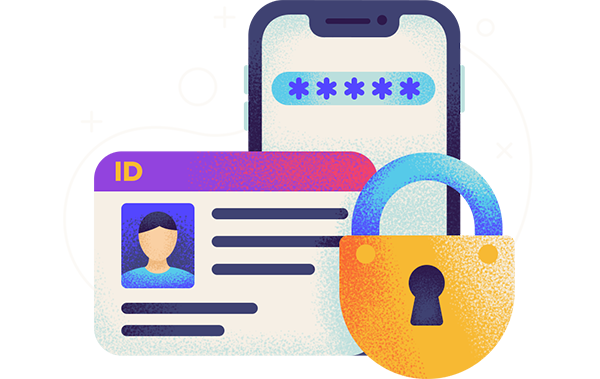In today’s world, an individual’s prevention efforts against identity theft/fraud have to span far beyond tearing up credit card offers.
Technology has made the criminal’s job much easier to target a larger group of unsuspecting victims. Phishing scams can be like shooting fish in a barrel, opposed to the “old school” ways of diving through a neighborhood of dumpsters for personal information haphazardly thrown away.
Therefore I’ve included several best practices that cover simple to tech-wise ways to keep personal information protected.
- For starters, control what you can at home and in your wallet/purse. If you’re not receiving bills electronically, keep them stored in one safe location at home-otherwise, destroy ALL mail containing personal information. Credit card offers to bank statements.
- Limit the amount of credit cards you carry. Only take what you need – leaving your Social Security card locked away at home. Less cards vulnerable to theft/loss, the less phone calls you have to make when reporting a stolen credit card or fraudulent charges.
- Carry a gel-based pen vs. standard ink in your check book. Although the check washing trick is considered ‘old school,’ today’s young criminals can start their career early thanks to YouTube.
- Protecting your electronics will protect YOU. They don’t call it a smart phone for nothing! It’s loaded with personal goodies. For starters use a strong password to lock your phone. Use a reliable app that will help track and wipe compromised data if ever lost or stolen.
- Whether it’s a smart phone, tablet or desktop – Always keep electronics operating systems up to date, that means restarting your device when a new software update is available.
- Just cause it’s free doesn’t mean it’s safe! FREE Wi-Fi is not the connection you want to make when checking your bank account balance online or purchase the latest gadget on EBay. Use your network or a secure internet connection.
- Open emails with caution. Don’t recognize the sender? Odd file attachments? Don’t open it-delete it.
These are just a handful of tips to help limit the likelihood of becoming a victim of identity theft or fraud. Most importantly, use common sense. You can't win a contest you didn't enter. Your bank won't contact you using an e-mail address you never registered with. Microsoft did not ‘remotely detect a virus on your PC’ therefore you don’t need to download and purchase ‘anti-virus’ software immediately.
It may sound ominous, but face it, your personal information is out there already be it with your bank, physician or retail store. Time and time again breaches in security occur so can we truly trust them or a third party to watch our back? Protect yourself and your good name. Know the warning signs, think before you click, and never, ever give out your password or financial info unless you're properly signed into your account.
About the author:
Daniel Foster serves as crime prevention coordinator for the CSUN Department of Police Services. His duties include holding campus safety workshops and other community outreach events. He wrote this guest column for WalletHub in order to help readers protect their financial information during tax season – a notoriously treacherous time of the year.



WalletHub experts are widely quoted. Contact our media team to schedule an interview.